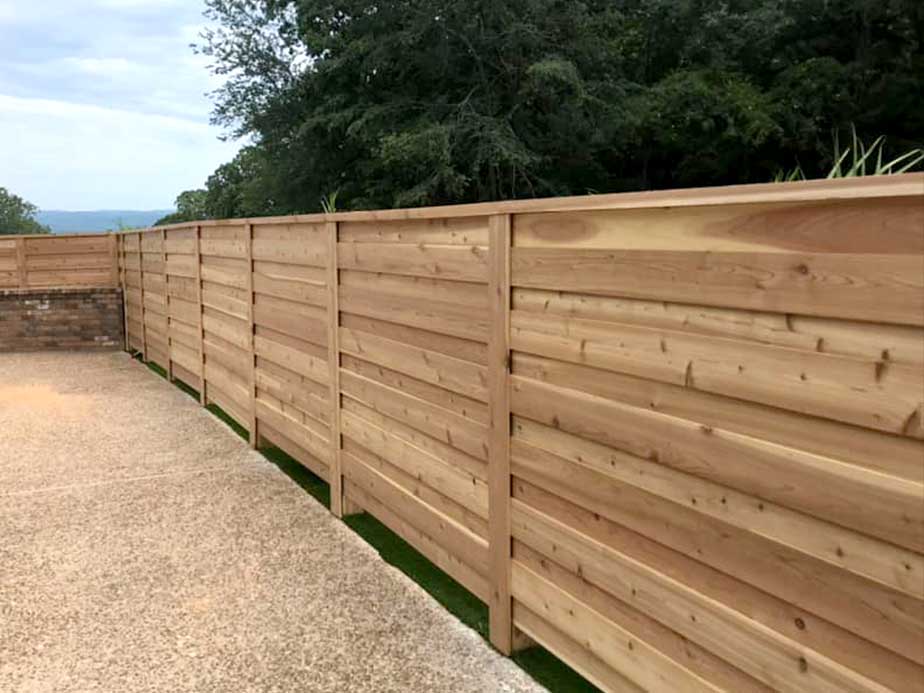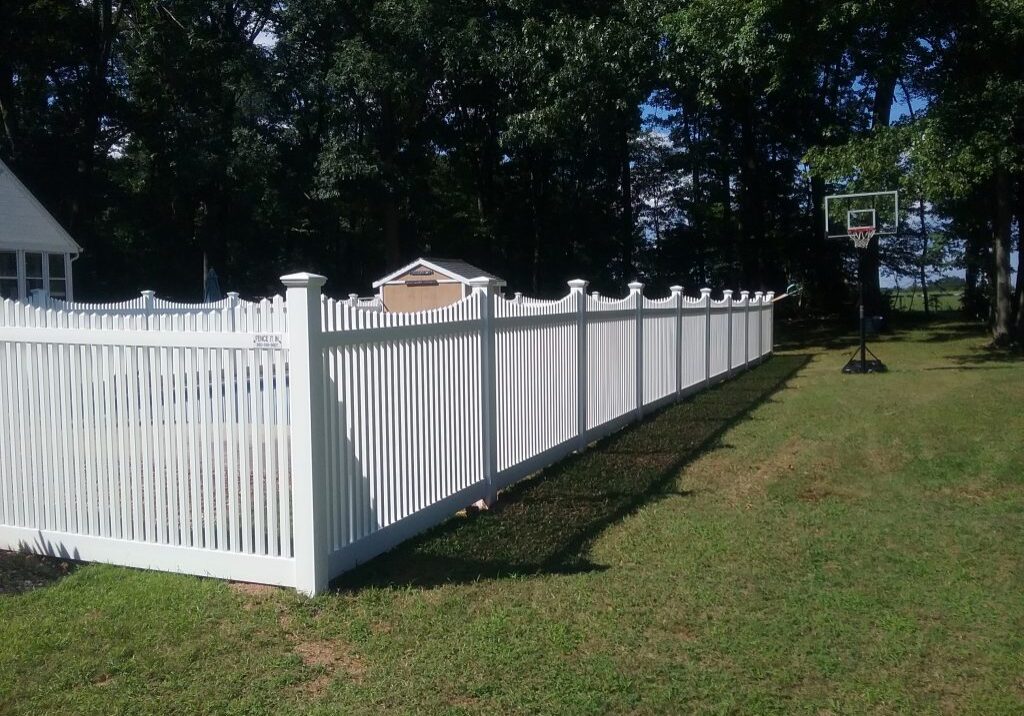All Categories
Featured
What Kinds of Secure Fencing Materials Are Offered for Residential and Commercial Projects?
Secure fencing is an essential component in both commercial and residential residential properties, providing protection, privacy, and visual appeal. With countless fencing materials available today, picking the right option relies on your particular requirements, budget, and the objective of the fence. Below's an introduction of one of the most preferred fencing materials and their benefits to aid you make an educated choice.- Timber Fencing. Wood is one of the most traditional and versatile materials for fence. Its all-natural beauty makes it a popular choice for domestic projects.
Advantages of Timber Fencing:
Visual Appeal: Readily available in a selection of styles, including picket, split rail, and privacy fencings. Customizable: Can be painted or stained to match your residential property's outside. Affordability: Timber fencings are cost-effective, particularly for smaller sized jobs. Considerations: Wood needs regular upkeep to stop parasite, rot, and bending damages.
- Vinyl Fencing. Plastic fencing has acquired appeal for its resilience and low-maintenance high qualities, making it excellent for both domestic and commercial residential properties.
Benefits of Vinyl Fence:
Longevity: Immune to rot, parasites, and harsh weather condition problems. Low Maintenance: No painting or discoloration needed; a basic wash keeps it looking new. Selection of Styles: Imitates the appearance of wood, available in various shades and designs. Considerations: Greater first price contrasted to wood, but the long life commonly offsets this cost.
- Light weight aluminum Secure fencing. Light weight aluminum is a lightweight yet strong material, commonly utilized for decorative or security purposes in both commercial and property settings.
Advantages of Aluminum Fencing:

Rust Resistance: Suitable for wet environments or locations near water. Customizable Designs: Readily available in a series of colors and styles. Reduced Maintenance: Needs minimal maintenance with time. Considerations: While not as robust as steel, it gives a great balance of longevity and design.
- Chain-Link Fencing. Chain-link fence is a useful and cost-effective selection, commonly used in commercial residential properties, colleges, and industrial parks.
Advantages of Chain-Link Fence:
Price: Among the most cost-effective alternatives for large jobs. Longevity: Stands well to weather and heavy use. Presence: Allows clear sightlines while giving security. Factors to consider: Deals minimal privacy and might not suit all visual preferences.
- Wrought Iron Secure Fencing. Wrought iron is a classic material known for its stamina and beauty, commonly made use of in high end residential and business residential or commercial properties.
Benefits of Wrought Iron Fencing:
Long Life: Resilient and extremely sturdy with correct upkeep. Custom-made Designs: Can be fabricated into complex patterns for an extravagant look. Safety: Provides durable protection against intruders. Factors to consider: Needs routine maintenance to stop corrosion and is generally a lot more expensive than other products.
- Compound Fence. Compound secure fencing integrates wood fibers and plastic for a material that is both attractive and long lasting.
Advantages of Compound Fence:

Eco-Friendly: Frequently made from recycled products. Low Maintenance: Immune to rot, bugs, and weather condition damages. Visual Adaptability: Resembles the look of all-natural timber without the maintenance. Factors to consider: Higher in advance price compared to typical timber fencings.
- Steel Fence. Steel is a robust material that uses outstanding protection, making it a popular selection for commercial and commercial tasks.
Benefits of Steel Secure Fencing:
Toughness: Deals premium sturdiness and security. Longevity: Immune to severe climate condition and effects. Modern Appearance: Can be powder-coated in different shades for a smooth appearance. Considerations: Higher price and weight compared to light weight aluminum or chain-link choices.
- Bamboo Fencing. Bamboo fencing is an environmentally friendly option, usually utilized in houses for a natural, unique appearance.
Benefits of Bamboo Secure Fencing:
Sustainability: Bamboo is a renewable energy. Visual Appeal: Offers a natural and special look. Cost-Effective: Frequently less expensive than wood or plastic. Factors to consider: Finest fit for moderate climates, as extreme climate can cause damage.
Selecting the Right Material. When choosing fencing products, take into consideration these aspects:
Function: Is the fence for personal privacy, protection, or appearances? Spending plan: Some materials, like chain-link or wood, are a lot more affordable than costs alternatives like wrought iron. Maintenance: Low-maintenance materials like plastic or composite may conserve effort and time in the future. Atmosphere: Aspects like climate condition and direct exposure to wetness can affect the durability of particular materials. Conclusion. Whether you require fence for a relaxing yard or a vast industrial property, there's a material to fit your demands. Each option includes distinct benefits and considerations, so consider the pros and cons thoroughly. By selecting the right fence product, you can improve the safety and security, performance, and aesthetic charm of your property while staying within your spending plan. Reach out to a professional fencing service provider to discover these options and bring your vision to life!
Latest Posts
Discover Special Auto Repair Offers in Chicago at Montclare Auto Repair
Published May 27, 25
1 min read
Reasons Routine Auto Maintenance at Montclare Auto Repair Saves You Money
Published May 25, 25
1 min read
Secure Your Home with Top Quality Residential Roofing
Published May 22, 25
1 min read